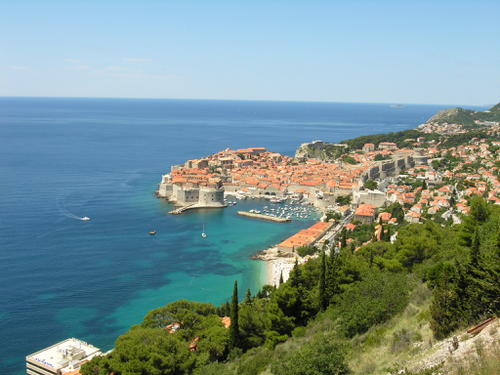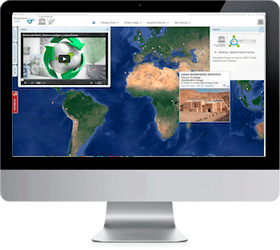UNESCO School in South East Europe. In partnership with RENFORUS initiative.
Dubrovnik, Croatia, 29 September – 4 October 2013.
UNESCO School in South East Europe represents a unique educational opportunity to enhance capacity-building in sustainable energy by conveying in a single venue a substantial capital of knowledge developed in World Heritage Sites in Europe. These sites have proved they have an important word to say about sustainability, in terms of education, management, and scientific knowledge to be regionally shared and applied.
Goals
- Offer educational support to World Heritage local-central governmental officials, site planners and managers, scientists, practitioners and researchers with applied interest on sustainable energy governance issues;
- Build capacities on renewable energy and energy efficiency promotion using UNESCO designated sites for learning and sharing knowledge;
- Strengthen the dissemination of information on renewable energy and energy efficiency potentials in UNESCO designated sites;
- Enhance problem solving capacity and critical thinking through the adoption of an interdisciplinary approach of sustainable energy issues;
- Promoting the interface between young researchers and practitioners with industrial partners of high profile for the improvement of summer school technical provision and follow-up.
Target group
With its interdisciplinary approach the School targets a broad audience that includes World Heritage managers, scientists, practitioners and researchers with applied interests in sustainable energy governance issues, preferably but not exclusively in UNESCO designated sites, from following countries in South East Europe and Caucasus: Albania, Armenia, Azerbaijan, Bosnia and Herzegovina, Bulgaria, Croatia, Cyprus, Georgia, Greece, Republic of Moldova, Montenegro, Romania, Slovenia, Serbia, The former Yugoslav Republic of Macedonia, Turkey, UNMIK/Kosovo.
More information: UNESCO OFFICE IN VENICE
















